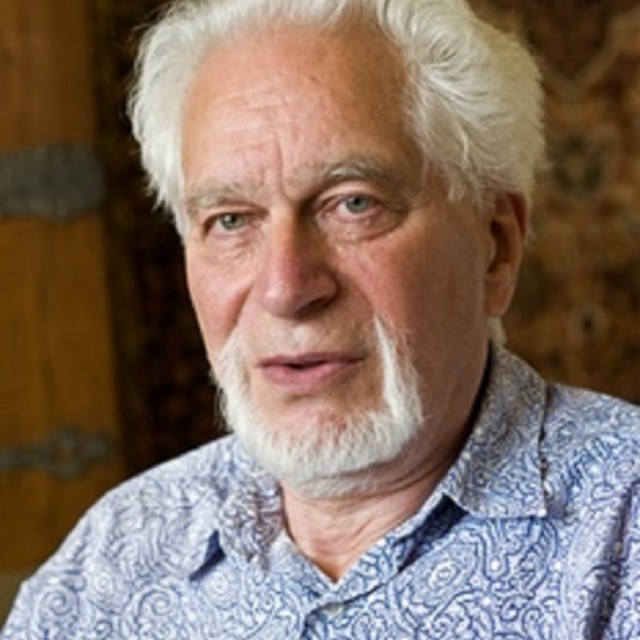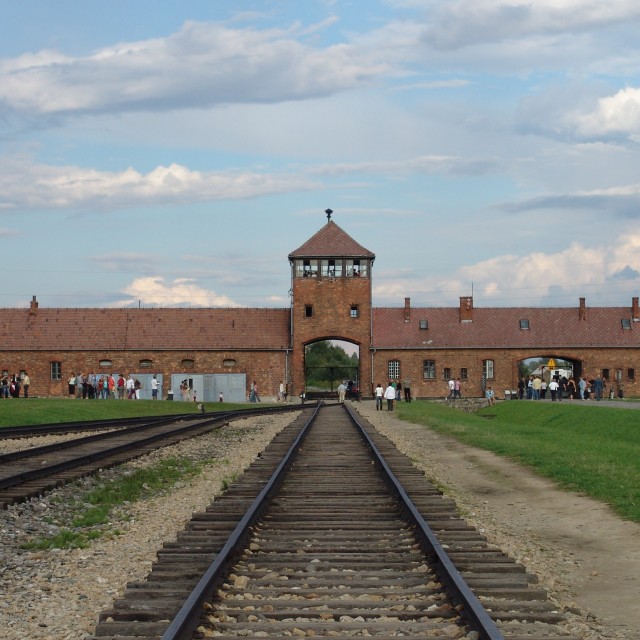Give us a Chance!
In December 1943, Toman Brod, his mother and older brother were put on a transport from Terezín. They were sent to the concentration camp in Auschwitz-Birkenau where they lived together in the so-called "Family Camp" (camp BIIb) for six months. In June 1944, they went through a selection which separated them forever. At that time, Josef Mengele came to the camp, and after the war he was one of the most wanted Nazi criminals: “He was always wearing an elegant uniform and white gloves. Nobody would say he was a mass murderer. He was stroking children's heads and asking them if they had enough food.” What followed is a mystery, but a legend says one of the boys had the courage to go to Mengele and ask him: “We are a group of boys who are not even sixteen. We are strong and healthy and willing to work. Give us a chance.” If it really happened, Toman Brod does not know for sure but after that there was an unexpected selection among the boys up to the age of sixteen. Under ordinary circumstances these boys were considered to be unable to work and were sent to die. “We already knew what it meant when he said: ‘Out.’ We knew what it was meant by: ‘Go to the right. Go to the left.’” Brod and other boys, about a hundred, went through the selection. In October 1944, he was deported from Auschwitz to the labour camp Gross-Rossen where he stayed till the end of the war. His mother and brother did not survive. After the war those boys who went through this unusual selection in June 1944 started to call themselves the Birkenau boys and still regularly meet each other.
Hodnocení
Hodnotilo 0 lidí
Routes
Not a part of any route.
Comments
No comments yet.













